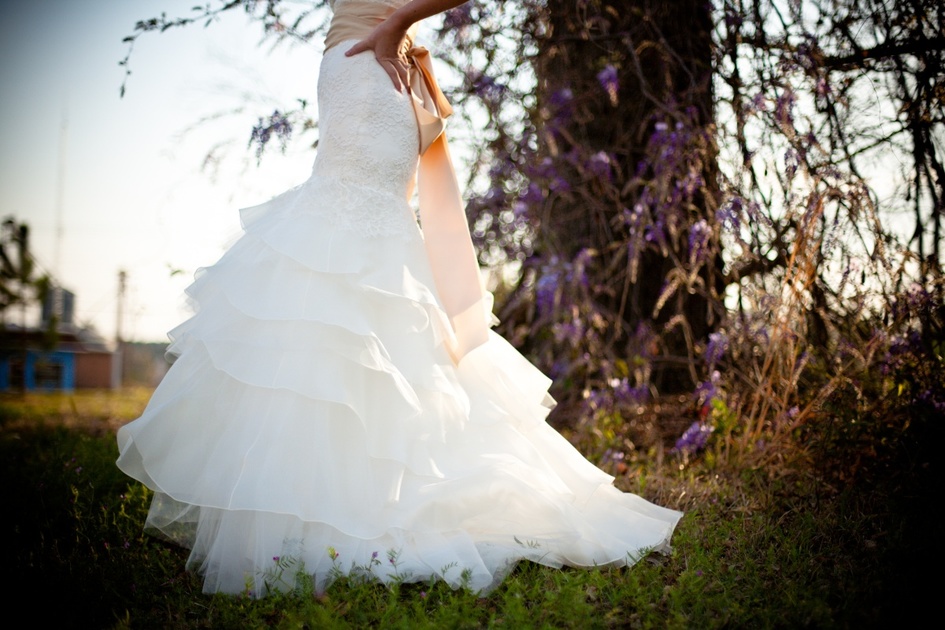
Dear Therapist:
Thank you for the invaluable awareness that you raise in our community. I have been in therapy to address anxiety. After much therapeutic work, I have become aware that I had been provided with misinformation in kallah classes that had negative effects on the health of my marriage. Upon further research in the mental health field and extensive consultations with rabbanim, I learned that this is unfortunately prevalent in our communities. Although this is an area often encountered by clinicians, the general public may not be aware of this possibility. The field of kallah teachers appears to be unregulated. Although there are dozens of phenomenal teachers and mentors that provide fantastic services for our bnos yisroel, in most communities there is no oversight in this field, and wrongful advice or teachings can be relayed, causing significant harm. What sort of awareness and understanding should parents of kallahs possess when choosing a suitable teacher for their children? Aside from getting referrals from peers, are there questions to ask or red flags to look out for?
Response:
I am not personally acquainted with the kallah class process. As such, I reached out to a couple of people who have experience in the area. Unfortunately, what I was told echoes your own concerns. There appears to be no governing body that can be consulted, and there seems to be no universally recognized certification. In my research, I came across one organization that has a database of “trained kallah or chatan teachers” (italics added by me). This organization and its sponsoring bodies, however, may not be considered mainstream or universally accepted by all.
Although your concern relates specifically to the kallah class arena, this issue is more pervasive, touching on other aspects of frum education. For example, within boys’ yeshivas, rebbeim have traditionally been hired based on their knowledge, learning experience, and credentials. Until relatively recently, girls’ schools didn’t necessarily do the same. I have been told of halacha that was “paskened” by teachers, when there was no basis for these decisions. At times, these have even been specifically against halacha.
There is no generally recognized female version of semicha, allowing people to obtain certification of their Torah training and knowledge. I understand that frum teachers’ seminaries used to exist whose purpose was to train the teachers of tomorrow. Most of the seminaries to which we send our daughters today, however, no longer focus on this. The vast majority of girls who attend seminaries have no intention of becoming teachers.
The relatively recent rabba movement was, in part, created to address some of these issues. However, it has been viewed as controversial by many. It is certainly not universally accepted. This may be due to the specific organizations involved, their stances, and the areas in which they aim to establish authority and influence.
Today, there are organizations like Torah Umesorah that have made significant progress in the area of teacher training. Many (hopefully even most) schools are careful to properly vet and train prospective teachers. Torah Umesorah offers a 100-hour course, leading to teacher certification. Perhaps most importantly, training is helping teachers to acknowledge (both outwardly and within themselves) when there is something about which they are unsure.
With regard to kallah classes, though there are places that offer certification, my understanding is that these tend to be community-based rather than globally-recognized organizations. I spoke with arguably the leading authority in frum teacher training. He told me that he knows of no universally accepted certification for kallah teachers. He agreed that this is quite important, and that it is something that should be developed.
Thank you for bringing attention to this vital need. Perhaps one of the readers of this column has the knowledge, authority, and drive to begin building such a certification, in the form of a new organization or in conjunction with an existing one.
-Yehuda Lieberman, LCSW
psychotherapist in private practice
Brooklyn, NY | Far Rockaway, NY
author of Self-Esteem: A Primer
www.ylcsw.com / 718-258-5317

 Previous
Previous
